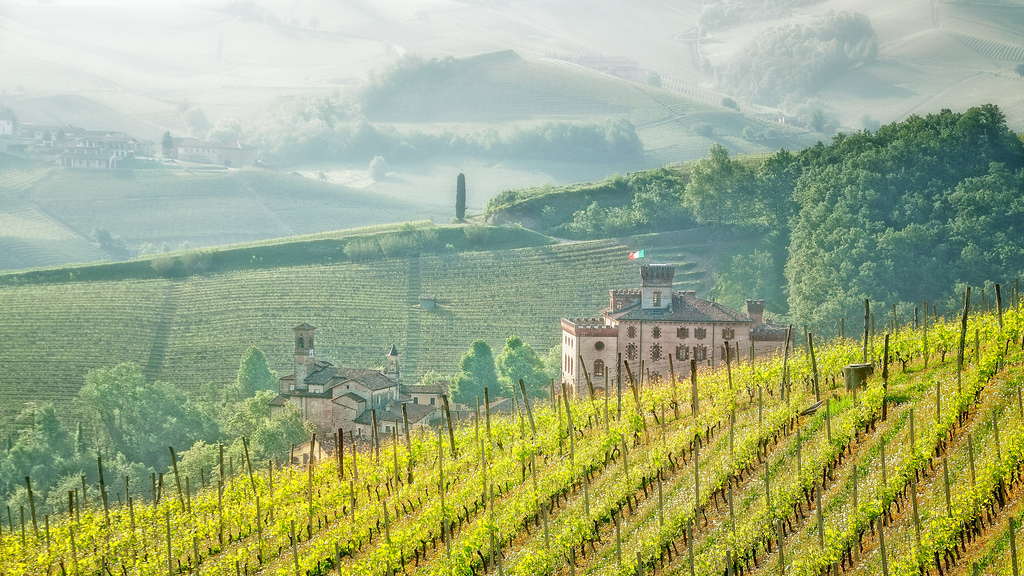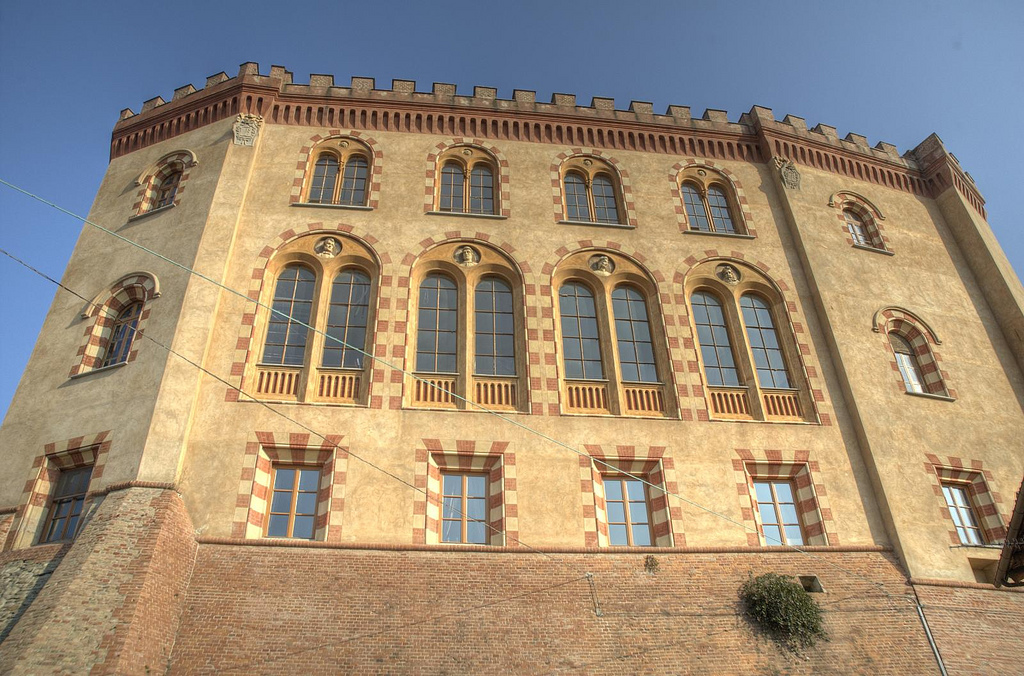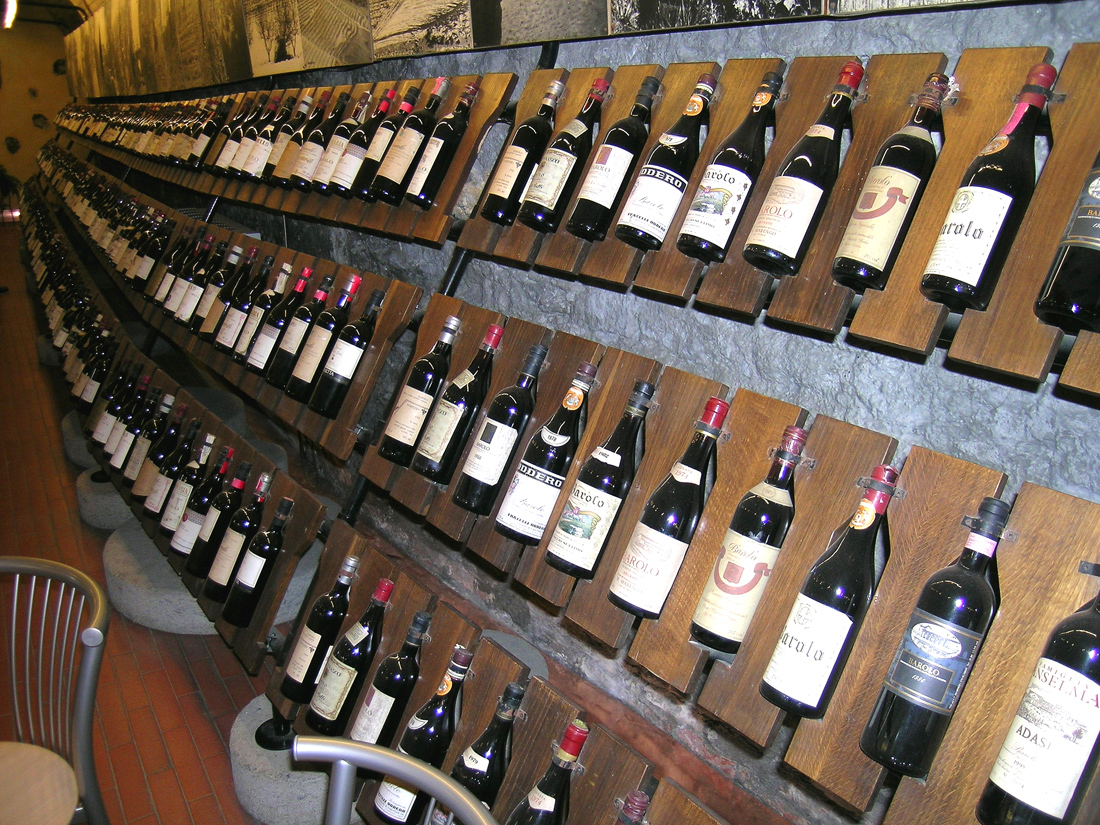The tiny village of Barolo in the region of Piedmont is one of Italy attractions that has it all: breathtaking landscapes, castles, palaces, delicious food and world-famous wine.
Surrounded by hills covered in vineyards, Barolo has given its name to the wine and the area where it is produced. Wine-making traditions here go back to the 13th century, however, Barolo as we know it was born in the 19th century and soon became a favorite of the ruling house of Savoy and was rightfully dubbed as ‘”the wine of kings, the king of wines”.

The imposing 10th century Falletti castle in the center of the village houses a fantastic hi-tech Wine Museum (Museo del Vino) that will take you on a fascinating tour of the history of viticulture and the world of Barolo. In the castle’s cellars you will find the Enoteca Regionale del Barolo where wines from the best local vineyards can be tasted and bought. However, visiting vineyards for degustations is a more exciting experience and there are many local wineries along the “Strada del Barolo” that welcome visitors. The Barolo area is made up of eleven locations, all of them are on the beautiful Langa hills. The enchanting villages of La Morra, Monforte, Serralunga d’Alba, Castiglio Falletto, Novello, Cherasco and Roddi all have picteresque castles, fortresses or medieval towers and spectacular views over the vineyards.

If you have time to spare take a look at the quirky Corkscrew Museum (Museo dei Cavatappi) in Barolo. A collection of 500 specimens from the 18th century to today made from wood, iron, bone, ebony, mother-of-pearl, ivory, tortoise-shell as well as an extensive display of old and modern wine bottles will keep you entertained.

With Piedmont being a food lovers’ paradise you must devote some time to serious eating in Barolo. The family run no-frills Brezza restaurant in the village has splendid views from the terrace and serves simple traditional dishes loved by the locals.Rossobarolo offers excellent piemontese specialties like bagna cauda, risotto with Barolo, pasta agnolotti and sweet bunet pudding. The unpretentious La Cantinetta (Via Roma, 33) serves the best finanziera, a tipical dish going back to the Medieval times. This rare delicacy is made with veal sweetbreads, spinal morrow, bull testicles, cock’s combs, mushrooms and plenty of local wine and herbs.
Photos by: Konrad Jagodziński, Ludovico Caldara, Luca Galli


